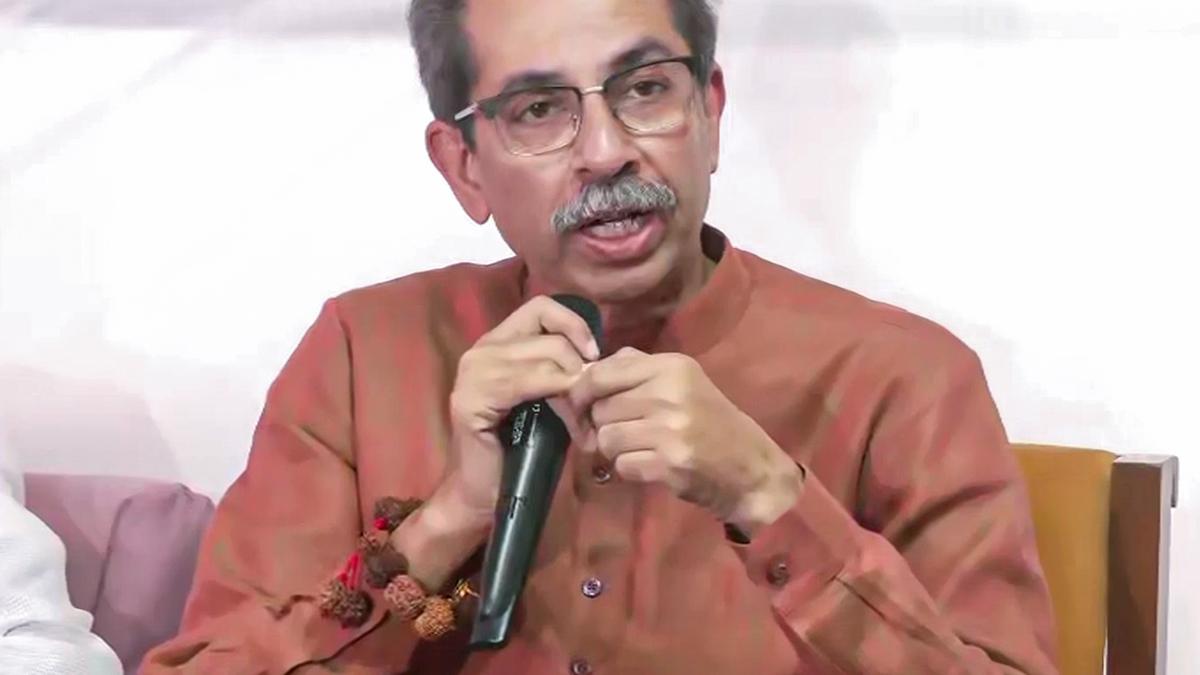Israel struck Hezbollah targets in southern Lebanon and its Iran-backed foe attacked military facilities in northern Israel on Tuesday, increasing fears of a full-blown conflict after Lebanon suffered its deadliest day in decades.
Israel’s military said it hit dozens of Hezbollah targets overnight, a day after carrying out airstrikes against the armed group which Lebanese authorities said killed 558 people, including 50 children and 94 women, and wounded 1,835. Tens of thousands more have fled for safety.
“In the last hour, warplanes bombed Hezbollah targets in southern Lebanon, including missile launchers, military buildings, and buildings where weapons were stored,” Israeli army spokesperson Avichay Adraee posted on X.
Hezbollah said it targeted several Israeli military targets overnight including an explosives factory 60 km (37 miles) into Israel, which it attacked with Fadi rockets around 4 a.m. (0100 GMT). It said it had also attacked the Megiddo airfield near the northern Israeli town of Afula three separate times.
After almost a year of war against the Palestinian militant group Hamas in Gaza on its southern border, Israel is shifting its focus to the northern frontier, where Hezbollah has been firing rockets into Israel in support of Hamas, which is also backed by Iran.
With the region increasingly on edge, over 30 international flights to and from Beirut on Tuesday were canceled, according to the Rafic Hariri International Airport’s website. Airlines affected included Qatar Airways, Turkish Airways and some from the United Arab Emirates.
Some Lebanese hospitals are overwhelmed by the number of wounded, a World Health Organization official in Lebanon said, and Haifa’s main hospital has moved operations to an underground facility after the Israeli city was attacked on Monday.
“We’re looking at tens of thousands (of displaced in Lebanon), but we expect that those figures will start to rise,” said the U.N. refugee agency’s spokesperson, Matthew Saltmarsh. “The situation is extremely alarming.”
International concern
Calls for diplomacy are growing as the conflict worsens, with UN human rights chief Volker Turk urging all states and actors with influence to avert further escalation in Lebanon.
Asked about reports that Israel had warned people through phone messages before the strikes, a spokesperson for Turk raised concerns about the situation.
“The methods and means of warfare that are being used raises very serious concerns about: “Whether you’ve sent out a warning you’re telling civilians to flee, doesn’t make it OK to then strike those areas, knowing full well that the impact on civilians will be huge…,” spokesperson Ravina Shamdasani told a briefing in Geneva.
Russia said Israeli strikes on Lebanon could completely destabilize the oil-producing Middle East.
The fighting has raised fears that the United States, Israel’s close ally, and regional power Iran, which has proxies across the Middle East — Hezbollah, Yemen’s Houthis and armed groups in Iraq — will be sucked into a wider war.
The strikes have piled pressure on Hezbollah, which last week suffered heavy losses when thousands of pagers and walkie-talkies used by its members exploded in the worst security breach in its history.
The operation was widely attributed to Israel, which has a long history of sophisticated attacks on foreign soil. It has not confirmed or denied responsibility.
Israel’s intelligence and technological prowess has given it a strong edge in both Lebanon and Gaza. It has tracked down and assassinated top Hezbollah commanders and Hamas leaders.
Israel’s military, the most advanced and powerful in the Middle East, said about 55 projectiles had crossed into Israel in the latest attacks, but the majority were intercepted.
Hezbollah said it had bombed the logistical warehouses of the 146th Division in the Naftali base with a rocket salvo.
Fears of regional instability
Israel’s potential options could include invading southern Lebanon and further broadening airstrikes to hit more of the Hezbollah-controlled southern suburbs of Beirut or Lebanese infrastructure, including bridges and highways and Beirut airport struck in the 2006 Israel-Hezbollah war.
Hezbollah would likely be a more formidable foe for Israel in a ground invasion than Hamas. Created in 1982 by Iran’s Revolutionary Guards to counter the Israeli invasion of Lebanon, it has vast experience, is highly disciplined and possesses better weaponry than its Palestinian ally.
But Israel faces public pressure to secure its northern border and safely return residents there — setting the stage for a long conflict while Hezbollah has vowed to keep fighting until the nearly one-year war ends in Gaza.
The latest strikes caused panic.
Families from south Lebanon on Monday loaded cars, vans and trucks with belongings and people young and old. Highways north were gridlocked.






